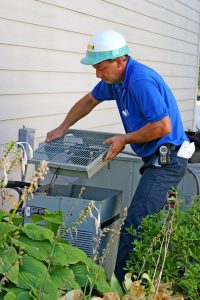
Is your AC ready for summer? This is a question homeowners all over the country should be asking themselves, but it’s even more important here, where “summer” can last 9 months or longer, pretty much.
Of course, when we ask if your AC system is ready for summer, what we’re really asking is if you’ve scheduled maintenance for it yet. We talked about this a bit in our last post—how maintenance will help your system work more effectively, and efficiently. Maintenance, though, is not the only way to get your air conditioner to work as efficiently as possible. In fact, there are some things you can do in addition to your tune-up that cost no money at all!

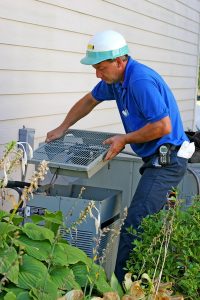
 While other parts of the country are scheduling heating maintenance and starting to shut down their air conditioners for the season, we’re still using our cooling systems on a regular basis. That said, this is commonly the time of year that air conditioners begin to experience problems—the reason for this is because it’s been going since last spring.
While other parts of the country are scheduling heating maintenance and starting to shut down their air conditioners for the season, we’re still using our cooling systems on a regular basis. That said, this is commonly the time of year that air conditioners begin to experience problems—the reason for this is because it’s been going since last spring.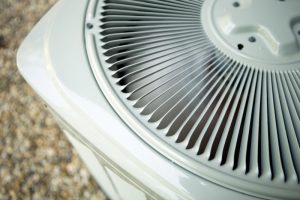 The first thing you should know about humidity and air conditioners is that humidity can, in fact, negatively impact your cooling system. And since we live in one of the most humid states in the country, that can be a problem!
The first thing you should know about humidity and air conditioners is that humidity can, in fact, negatively impact your cooling system. And since we live in one of the most humid states in the country, that can be a problem!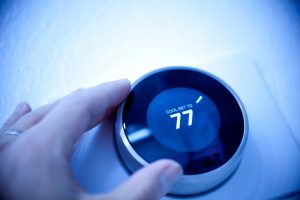 Generally speaking, most homeowners know that they need to upgrade their home comfort systems every 10 years or so. Plenty of folks are on top of it when it comes to upgrading their heating and cooling systems, but there’s a component of both of these systems that is often forgotten about—the thermostat.
Generally speaking, most homeowners know that they need to upgrade their home comfort systems every 10 years or so. Plenty of folks are on top of it when it comes to upgrading their heating and cooling systems, but there’s a component of both of these systems that is often forgotten about—the thermostat.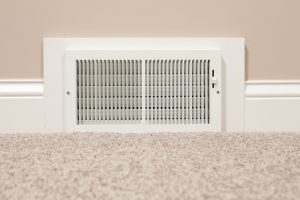 Around our area, the use of heating systems is brief, but necessary for when temperatures do drop to an uncomfortable level. Chances are, you’ve already begun to use your heater less and less in recent weeks. Perhaps you’re even done with it for the season. If a minor repair need cropped up, you’ve probably decided it can wait until next year, since you don’t need your heater that much.
Around our area, the use of heating systems is brief, but necessary for when temperatures do drop to an uncomfortable level. Chances are, you’ve already begun to use your heater less and less in recent weeks. Perhaps you’re even done with it for the season. If a minor repair need cropped up, you’ve probably decided it can wait until next year, since you don’t need your heater that much.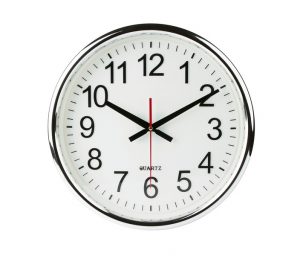 Sure, it seems strange to be talking about heaters in Northwest Florida. But when temperatures drop, you’ll be thankful for a fully functional heating system. Or, you’ll be regretting not having your heater maintained to ensure that it is fully functional! Even though our weather doesn’t get nearly as bitter as other parts of the country, the difference in temperature certainly will impact you enough that the last thing you’ll want to be stuck with is a failed heating system in the middle of a January night.
Sure, it seems strange to be talking about heaters in Northwest Florida. But when temperatures drop, you’ll be thankful for a fully functional heating system. Or, you’ll be regretting not having your heater maintained to ensure that it is fully functional! Even though our weather doesn’t get nearly as bitter as other parts of the country, the difference in temperature certainly will impact you enough that the last thing you’ll want to be stuck with is a failed heating system in the middle of a January night.